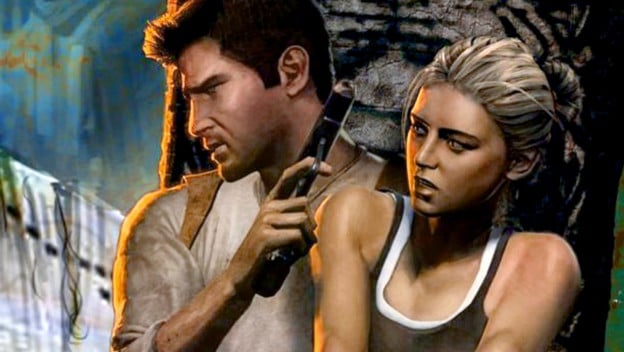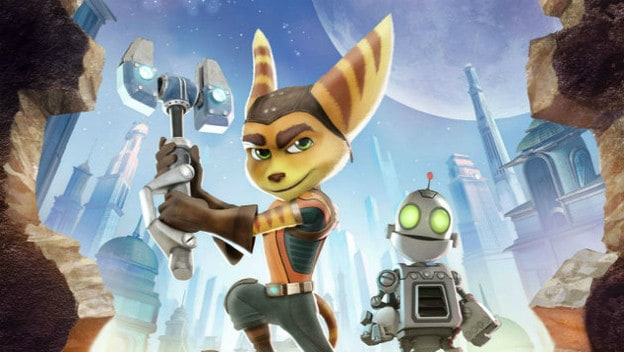In my review of Ratchet & Clank , I predicted the film version might be critically panned, and I was, unfortunately, correct. I criticized the story for being bare-bones and unable to compete with the likes of Zootopia , but critics seemed to think that the movie was a cutscene missing a video game. Maybe you’d disagree with them and are capable of putting forth a sound counterargument, but the fact remains that it has an aggregated score of 16% on Rotten Tomatoes, and made only $4.9 million dollars.
Ratchet & Clank has had a reputation for having Pixar-like production values – particularly during the PS3 era. It makes sense for fans and gamers alike to hedge their bets on this duo. Filmmakers in the past feared that video game logic would be too weird for audiences, so they would attempt to make them more suitable, more realistic for film. Ironically, some of those films – I’m looking at you, Super Mario Bros. – are weirder than the games on which they were based. Ratchet & Clank was to defy such expectations. It was the chosen one, promised to bring balance to the two mediums, a place where both filmgoers and gamers could enjoy movies and games adapted from one another. The writers from the original penned the script, and the voice actors returned as well. How could it possibly fail? Well, by feeling too much like a deleted cutscene, apparently. The search for the promised one – the universally-acclaimed movie based on a video game – continues.
If asked which video game I think would make a good movie, I bet on Uncharted . I recently reviewed Uncharted 4: A Thief’s End , which I think is the most movie-like game I’ve ever played. The first two games, however, set the bar high for cinematic games, and it’s only natural that the fourth game in a long-running series should surpass it. The series has all of the features you might expect from an action movie in the vein of Indiana Jones : witty dialogue, suspenseful action, and fantastic journeys to find treasures somewhat based on history.
So why didn’t they just create a two hour film instead of an eight hour game? Well, the game’s strength lies not in any one mechanic. The platforming looks fantastic but is nearly fail-proof save for a few close calls or wonky camera angles. Although it’s fun to use the ledge of a cliff for cover, the shooting mechanics aren’t stellar either. And the puzzles – well, you can find all of the answers in Nathan Drake’s journal. The trick is how these mechanics are blended. Uncharted is intent on telling its story, and its pacing calls for specific moments: usually you traverse the land, solve the puzzle, and then fight your way back to your escape vehicle, but not without suffering plenty of close calls along the way. The series excels at combining these elements so that you feel like, well, an action movie star.

The trouble is an Uncharted movie would lose this interactivity that made the series special for fans. However, it might not have the problem that Ratchet & Clank had. Uncharted could maybe get away with recycling cut scenes and sprucing them up for the silver screen, but it would excel as a live-action movie. The stories have improved over time. Given that the games take approximately 12 hours to complete, it won’t be an easy task to adapt them to film, but they at least provide a solid base.
That said, I don’t think critics would be too impressed with an Uncharted movie. Everything Uncharted emulated for gamers is something that movie-goers are used to. However, if done correctly, then perhaps it would be a step in the right direction for video game movies. Perhaps Uncharted could be the first good video game movie to take everything about a game and create something that cannot be mistaken for a cutscene.
